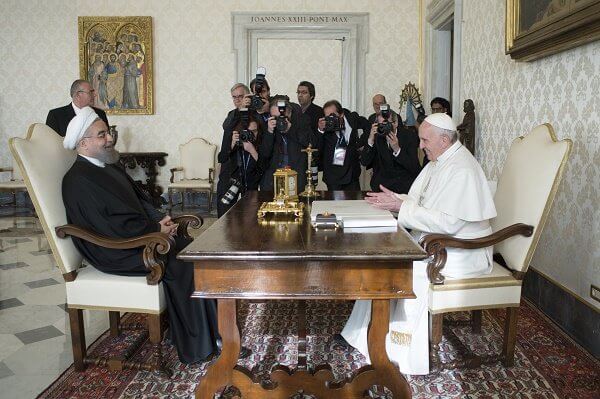By Katharine Jones, Coventry University
Denmark is to seize cash and valuables from asylum seekers arriving in the country, after its government won a parliamentary vote on the issue by a huge majority. The message is as clear as it is visceral: refugees are not welcome in Denmark.
All new arrivals, mostly Syrians, Eritreans and Afghanis fleeing war and persecution in their homelands, will have to submit to the indignity and invasiveness of a body search when they arrive in Denmark, as well as having their luggage searched. Refugees will only be allowed to keep up to 10,000 kroner (£1,000) in cash and assets. Anything above that amount will be taken by enforcement officers. Items deemed to be of value will be sold by the authorities.
Horrified reactions to the decision have reverberated around the world. For many it has evoked memories of the Jewish Holocaust.


